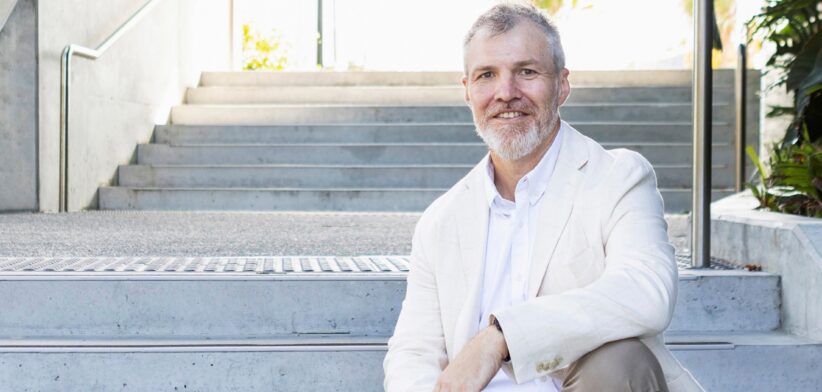The “silent breakdown” is impacting many Australians, with family and friends urged to look for the signs.
Crisis intervention and performance expert Gary Fahey said many Aussies were suffering behind calm exteriors.
Mr Fahey said friends, partners and colleagues were often the first to sense it, but even when they did, they did’t know what to do and people were left to continue to unravel without help or support.
“They’re still turning up to work, still answering texts, still smiling in photos but something’s off and you can feel it,” he said.
A former high-ranking officer with the Australian Federal Police, who experienced his own breakdown, Mr Fahey said inaction could be more devastating than people realised.
He said it was important if people felt something wasn’t right with someone, that they acted.
“Not all breakdowns come with drama. In fact, some of the most dangerous ones are silent. It’s when people start to retreat emotionally, make poor decisions or seem ‘just a little off’, that’s when you need to lean in.”
Mr Fahey, who now specialises in helping people back from the brink of personal and professional crisis, said the signs someone was heading toward crisis could be subtle.
“They withdraw, avoid decisions, cancel plans, snap unexpectedly and become forgetful. They might joke about being ‘fine’ while everything in their world is quietly falling apart.
“We often dismiss it because they’re still functioning, but functioning isn’t thriving
“They could be battling decision paralysis, micro-stress overload or emotional exhaustion while doing everything they can to keep up appearances.”
He said the key was to approach with calm, curiosity and connection, not interrogation.
“I always recommend that people start with something light such as, hey, I’ve noticed you don’t quite seem yourself, want to talk? Then listen. Don’t jump into problem-solving mode. They don’t need a lecture, they need to feel safe.”
Mr Fahey said one of the most powerful things people could offer was presence.
“If they’re struggling to breathe, help them breathe. Sit with them. Suggest simple grounding techniques like box breathing: inhale for four seconds, hold, exhale for four, hold again. Repeat. It resets the body and opens space for clarity.”
He said people often hesitate to speak up for fear of overreacting but waiting too long could have serious consequences.
“By the time it’s obvious, it’s often critical. If something feels off, trust your gut. You don’t have to diagnose it, you just have to be there.”
Mr Fahey said people need not think they needed to fix someone to help them.
“Just showing up, listening and encouraging them to seek the right support can make all the difference.
“You don’t need to be a psychologist, you just need to be human. Ask twice, sit longer, don’t change the subject and remind them they’re not broken, they’re just overwhelmed.”








